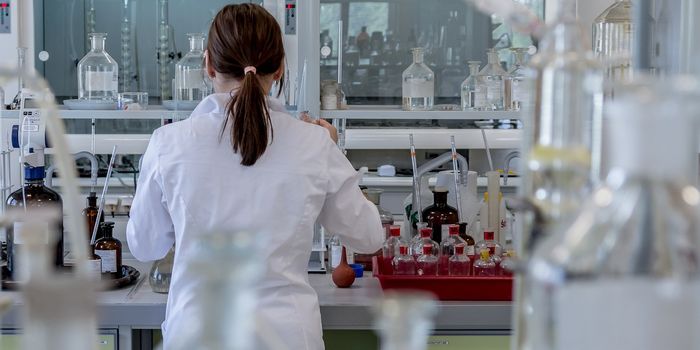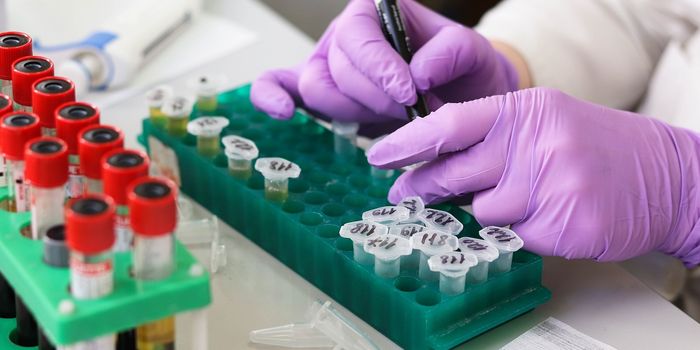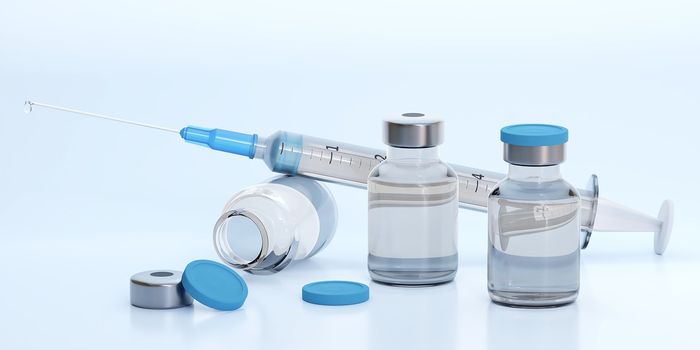Using organoids to improve chemotherapy for advanced stages of colon and appendiceal cancer
New research published in the journal Annals of Surgical Oncology uses organoids to finetune chemotherapies that treat patients with advanced stages of colon and appendiceal cancer. Organoids are 3D multicellular in vitro tissue formed from pluripotent stem cells or adult progenitor cells that mimic their corresponding in vivo organ. They provide an alternative to studying drug development using traditional 2D cell cultures and animal models, which have certain limitations.
The specific organoids used for this research were made by researchers at the Wake Forest Organoid Research Center (WFORCE) who wanted to determine a method of improving hyperthermic intraperitoneal chemotherapy (HIPEC), the therapy that is administered to cancer patients who have tumors in their abdomens. HIPEC has been shown to increase life expectancy for patients when combined with cytoreductive surgery to remove tumors in the abdomen.
Using patient-specific tumor organoid models, the researchers showed how it is possible to predict the effectiveness of HIPEC on certain individuals and henceforth personalize a patient-specific approach.
"With this organoid platform, we can quantify the impact of each drug in killing cancer cells. We can select the correct drug for the correct patient at the correct concentration and temperature, or even spare the patient from a procedure that will not substantially improve his or her outcomes," explained senior author Konstantinos Votanopoulos, MD, Ph.D., professor of surgery.
"Using a patient-specific tumor organoid model will eventually allow patients to be treated with the best available chemotherapy while sparing the toxicity of drugs that are not effective for their specific tumor," added first author Steven Forsythe, MS.
Co-author Shay Soker, PhD is a professor of regenerative medicine at WFIRM. Soker says that these findings demonstrate that "the organoid model can accurately represent what occurs inside a patient's body.” By simulating the environment inside of organs, organoids offer a unique opportunity. “The research continues to show that organoids are promising candidates for drug screening to assist in clinical decision making as well as in the study of how environmental factors, viruses or toxins impact cellular function of both normal and tumor cells," concludes Soker.
Sources: Annals of Surgical Oncology, Eureka Alert









